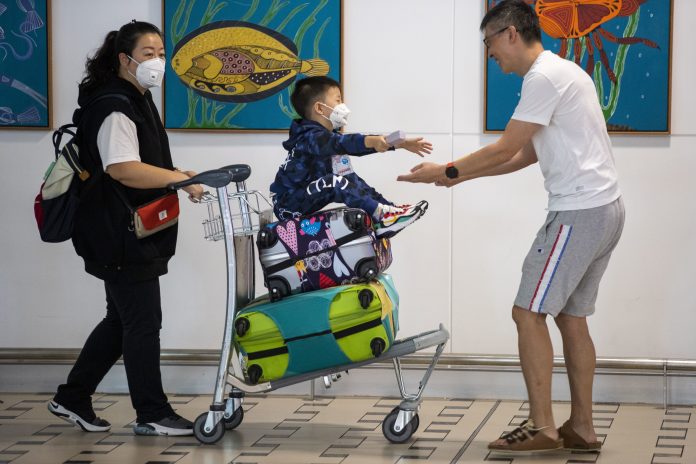So here we are. The largest gaming center in the world, stumbling along in a semi-hibernation state since the Chinese New Year and with residents and non-residents alike anxious for a swift return to normalcy.
You can see it in the streets, as more and more residents leave their houses, despite repeated warnings by authorities that the risk of new cases are still high and one must not let down one’s guard.
The 15-day casino suspension is set to finish next week, and some public department and banking services are expected to resume, but it is still unclear if health concerns will lead to the extension of these measures.
We all consider it depressing to see the usually bustling local streets stores, restaurants, casinos and hotels closed, even if many of us previously and repeatedly complained of the tourist crowds that filled the city.
The city has entered a long winter but there are some silver linings, though, if one squints hard enough.
It is now painfully obvious how desperately far away the local economy is from the economic diversification touted by local and Chinese officials for so long.
Analysts now predict a possible 95 per cent year-on-year drop in February gaming revenues, as businesses were closed and Chinese visitors – the lifeline of the local economy – stayed away from the city.
When the gaming sector sneezes, the city catches a cold. The impact waves will, of course, damage the many businesses and SME’s that make up the local business ecosystem and depend on their gaming concessionaire clients.
However, while gaming operators have good financial bumpers stored for a rainy day, it’s the businesses that already struggle monthly to pay the exorbitant rents charged in the city that are facing the brunt of this predicament.
Authorities have been swift in announcing several financial measures to ease the impact, from MOP3,000 individual consumption vouchers to tax breaks for businesses.
However, it is the local fragile labour legislation that most concerns those who might see holidays, wages or even jobs cut, as companies were already using the slowing Chinese economy and the impact of the Hong Kong public unrest as reasons for such measures.
It is also interesting to see how the city almost grinds to a halt without the many Chinese workers who daily cross its borders to keep throwing coal to the furnaces and push the gears that make that lumbering giant that is the Macau tourism and gaming complex run.
Without many Filipino, Vietnamese, Indonesian and Nepalese workers strained in their home countries due to travel restrictions, restaurants close, families lose their needed domestic assistance, and so many other essential functions disappear.
It might make the local population maybe develop a larger appreciation for the non-residents that make the city move every day.
The local government has done well in assuring local residents it cares for their health, but it will have to make extra efforts to assure that most underprivileged members of society are not the ones bearing the cost of a virus that has so far (knock on wood) spared Macau of the worst seen by its surrounding neighbors.
It is also commendable that Macau has so far managed to contain the situation without imposing draconian border closures. That would likely do more harm than good.
Epidemics have a tendency to make people distant or callous toward others out of fear; sometimes with scientifically backed reasons to avoid contagion, other times moved out of anxiety-driven irrational prejudice.
It’s at the worst times that empathy and solidarity are most needed. Macau residents have shown many times that they are caring and giving and not the superficial money-driven selfish caricature many might try to paint them as.
We’re all in this together. It might be cold and cloudy, but Spring is almost coming.
MNA Editor-in-Chief




















